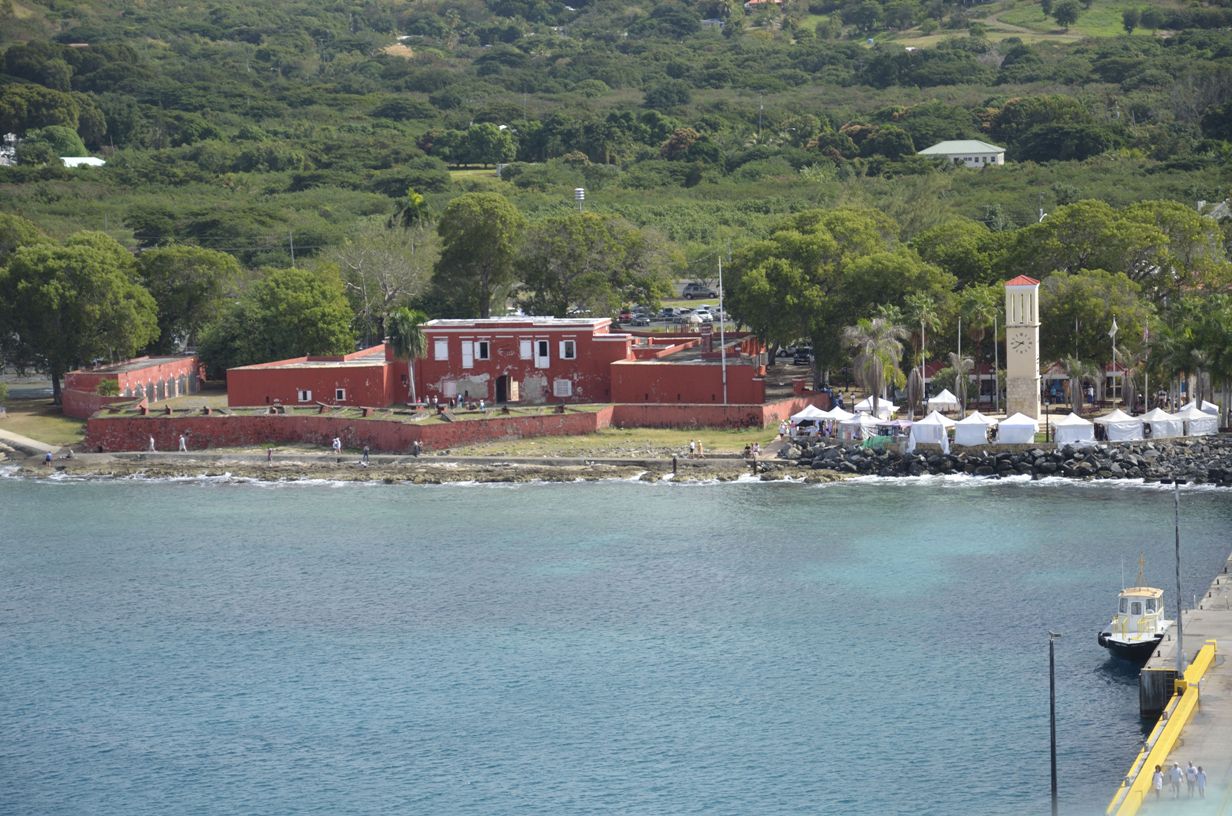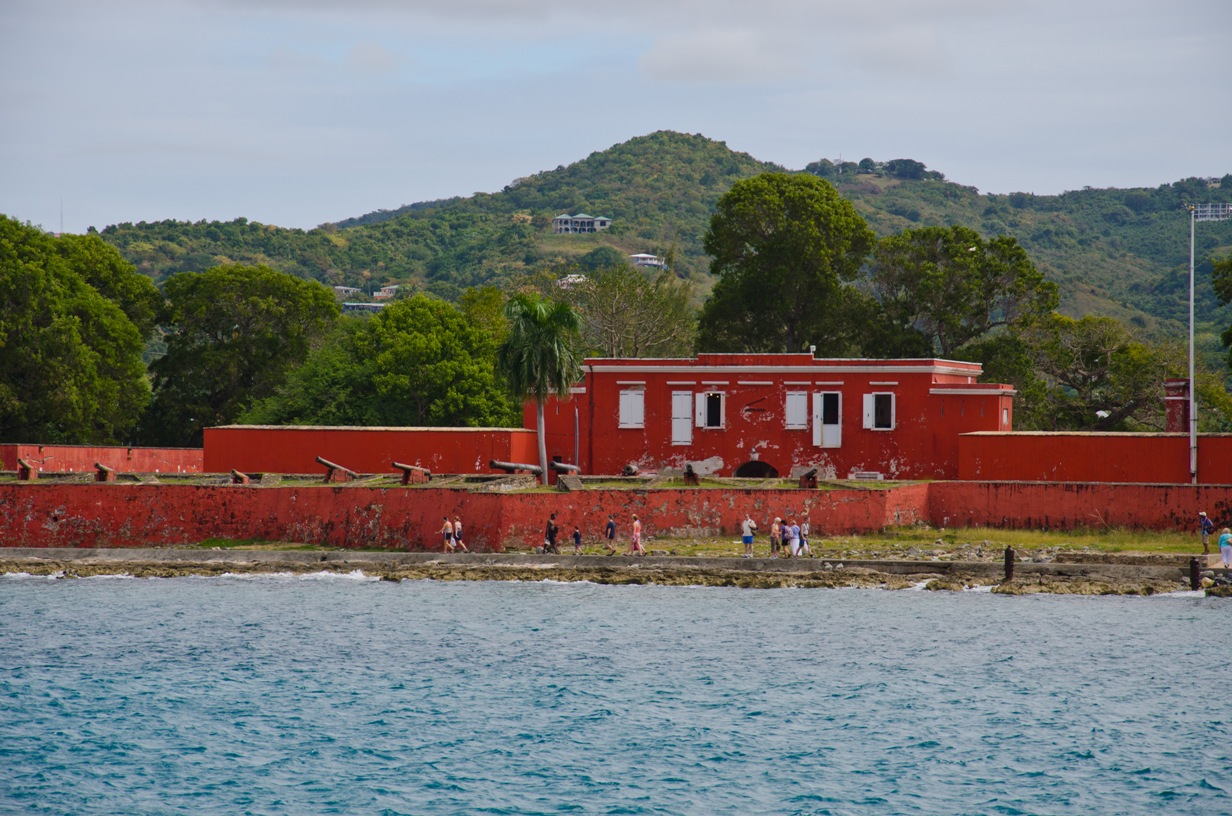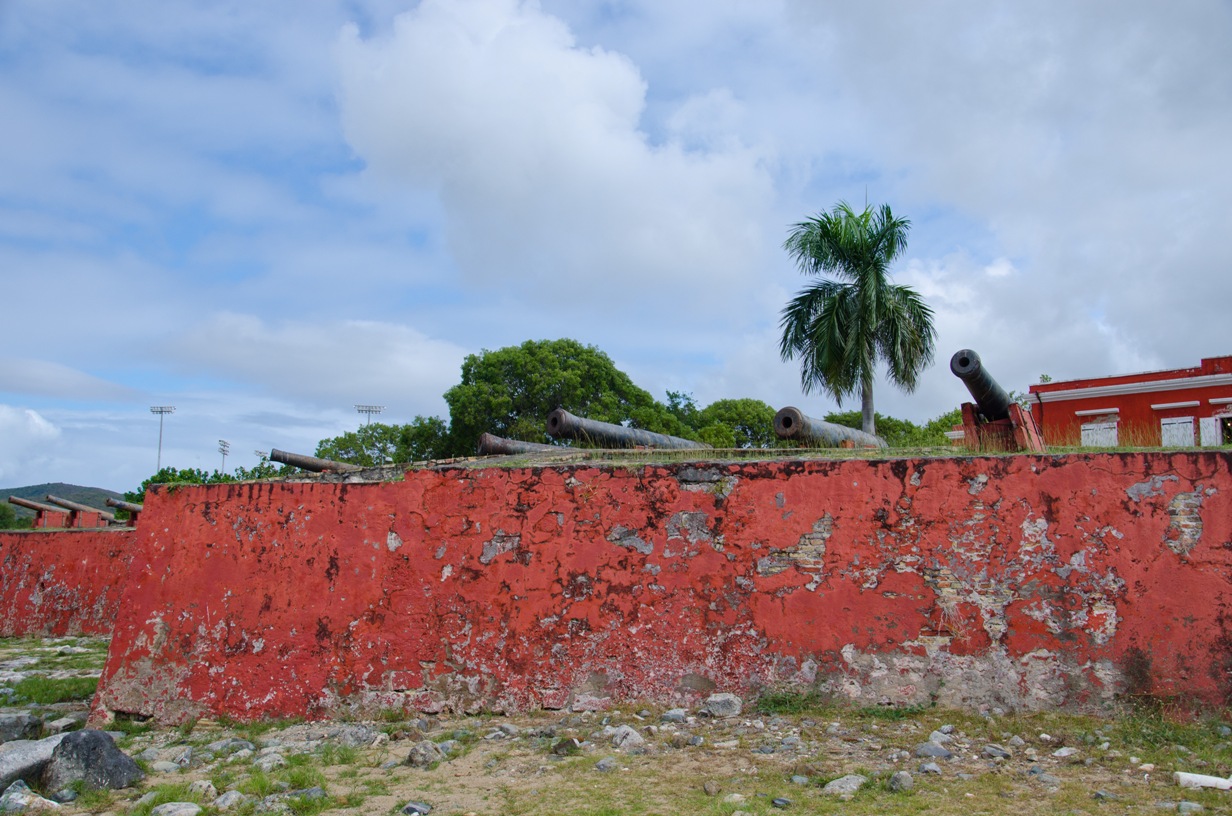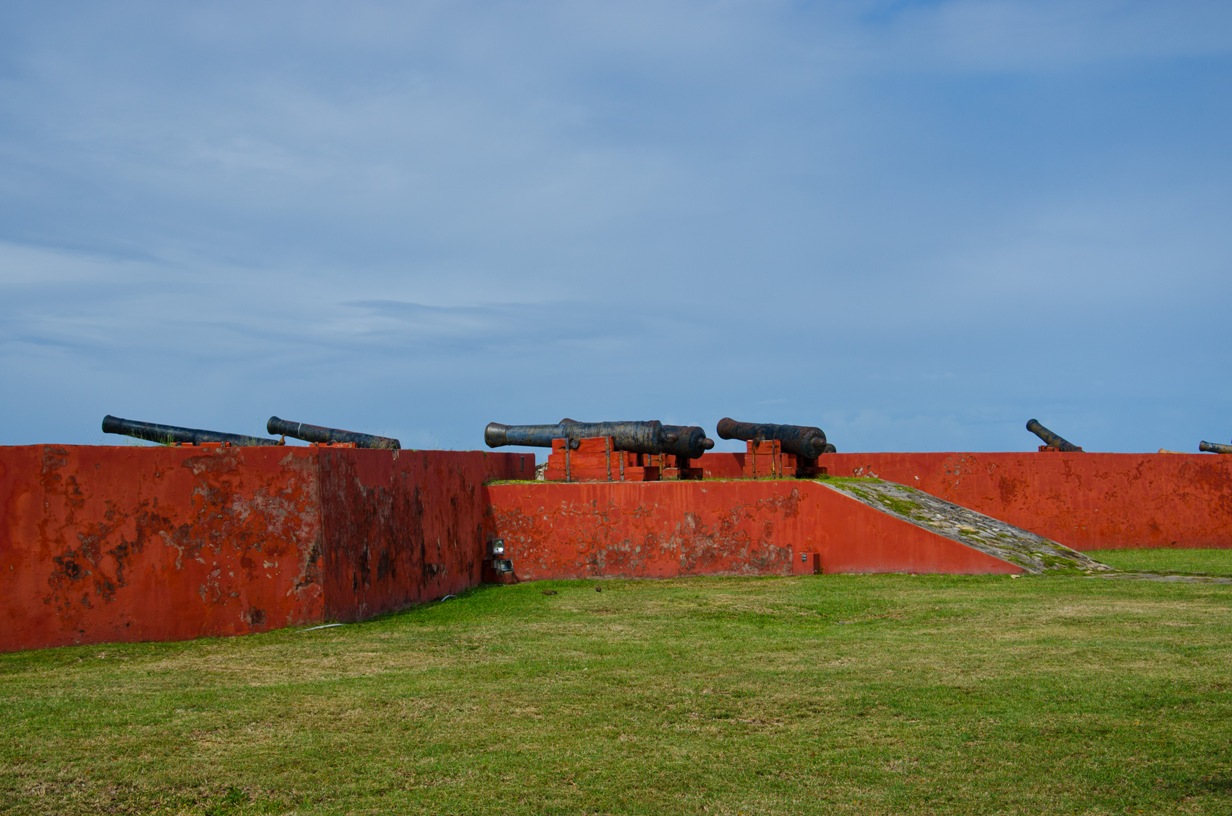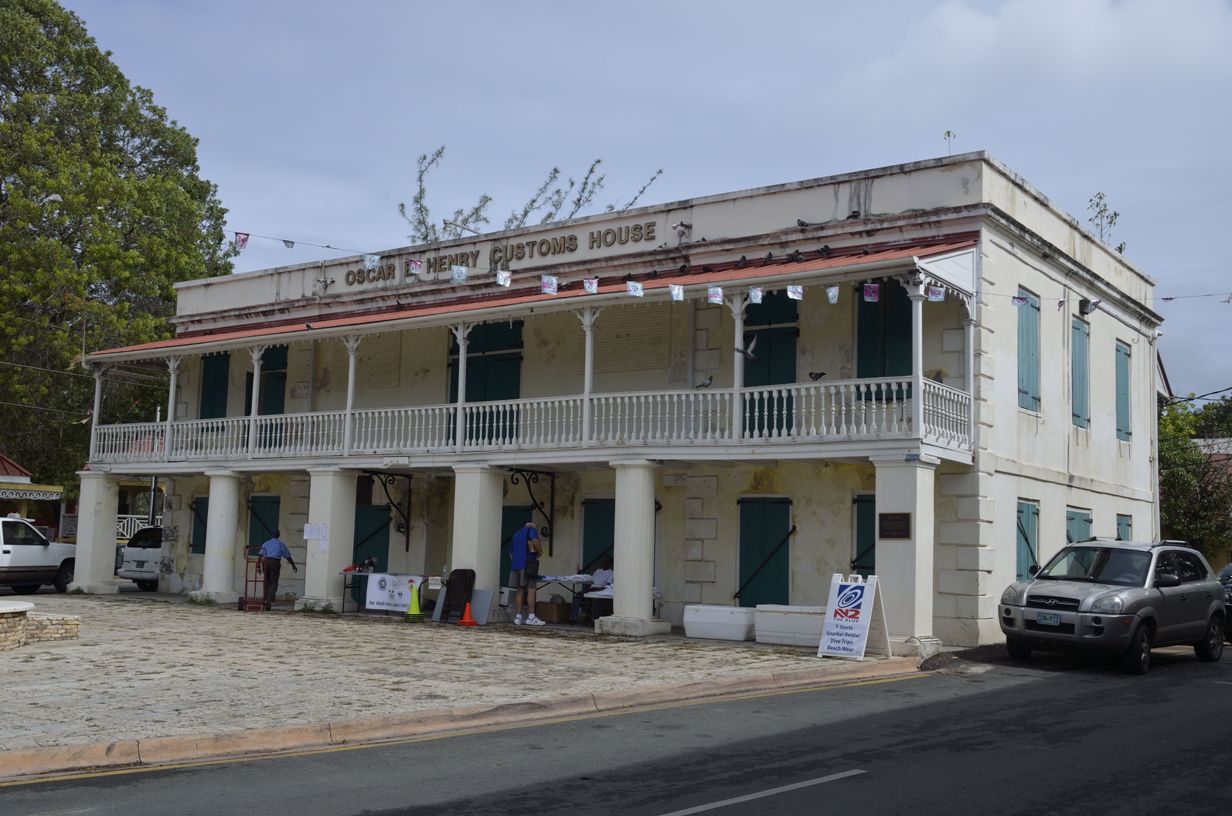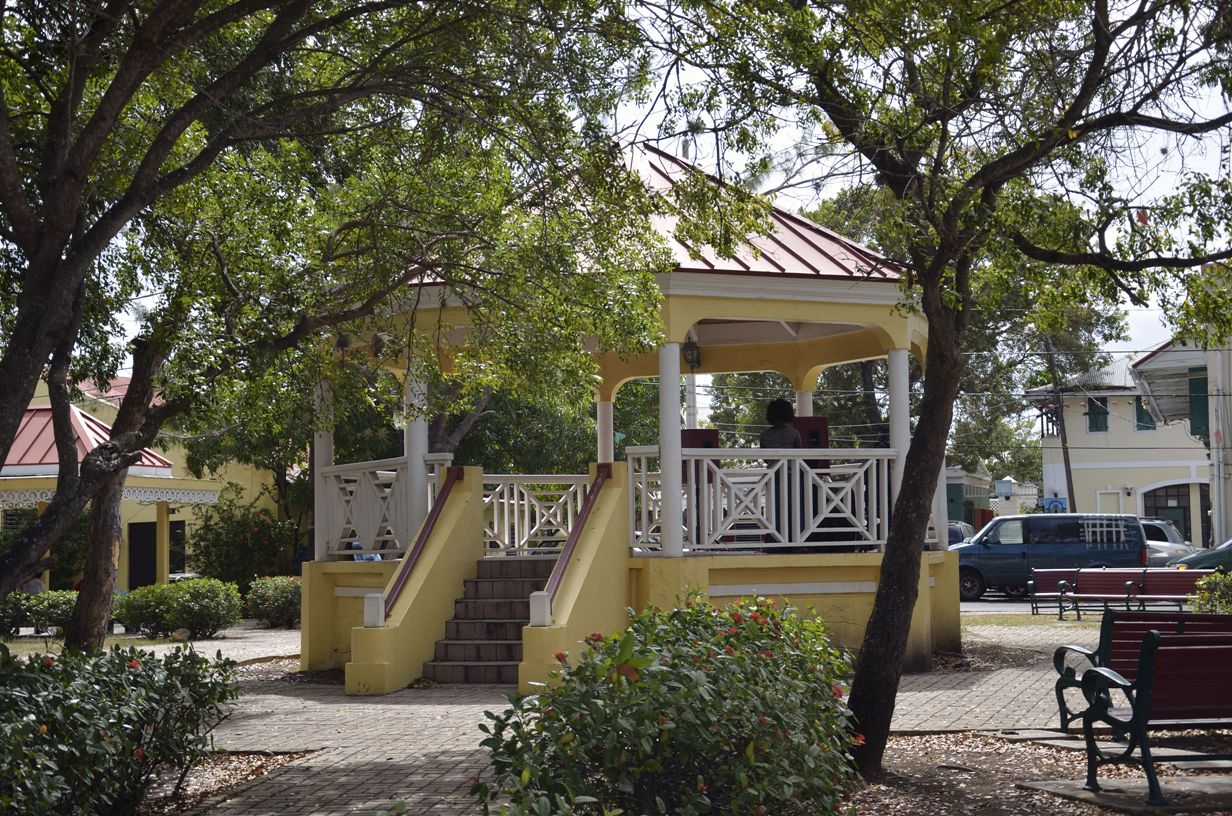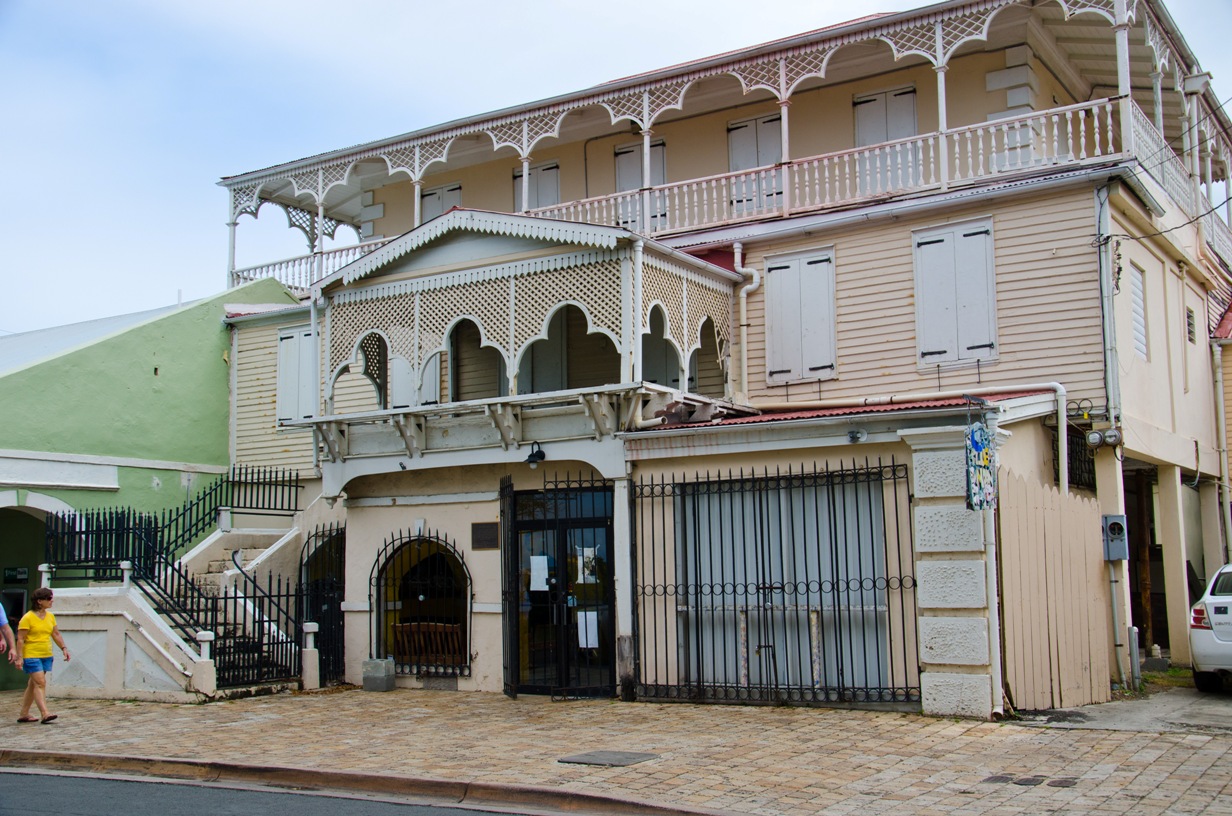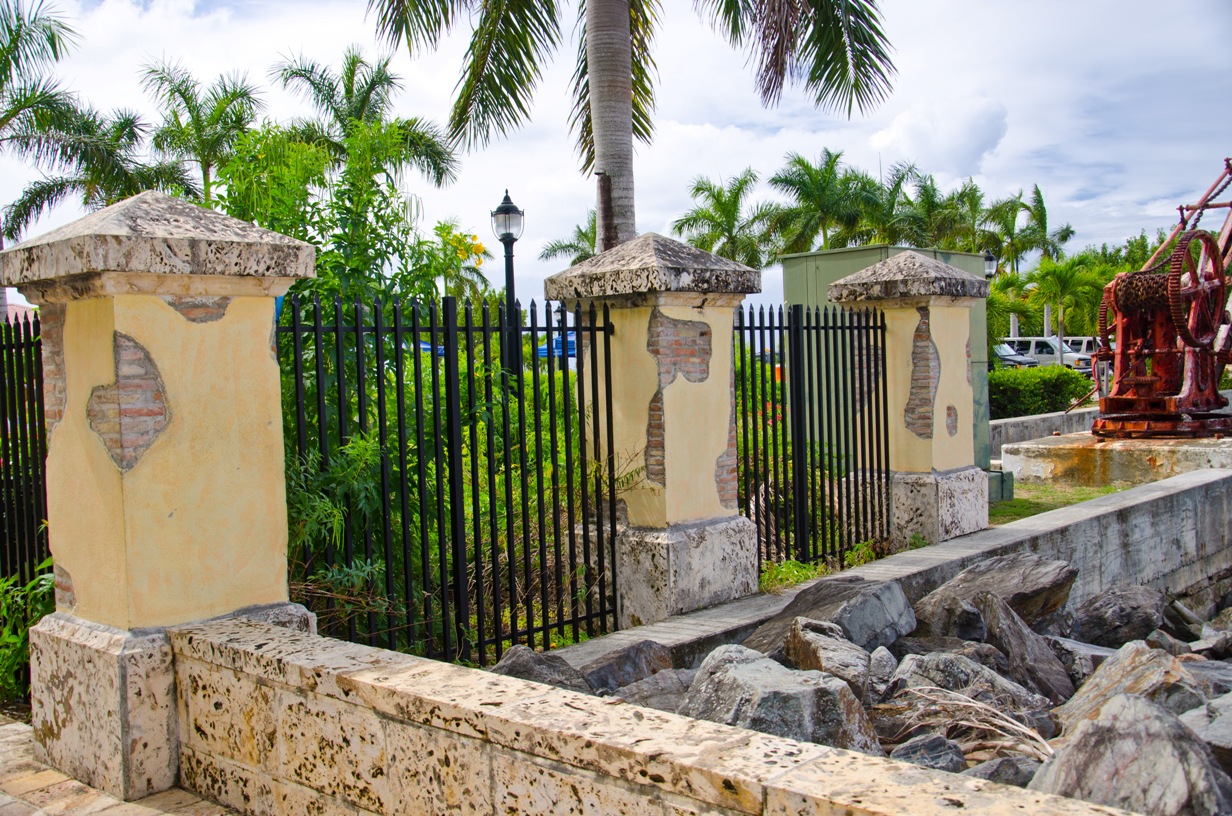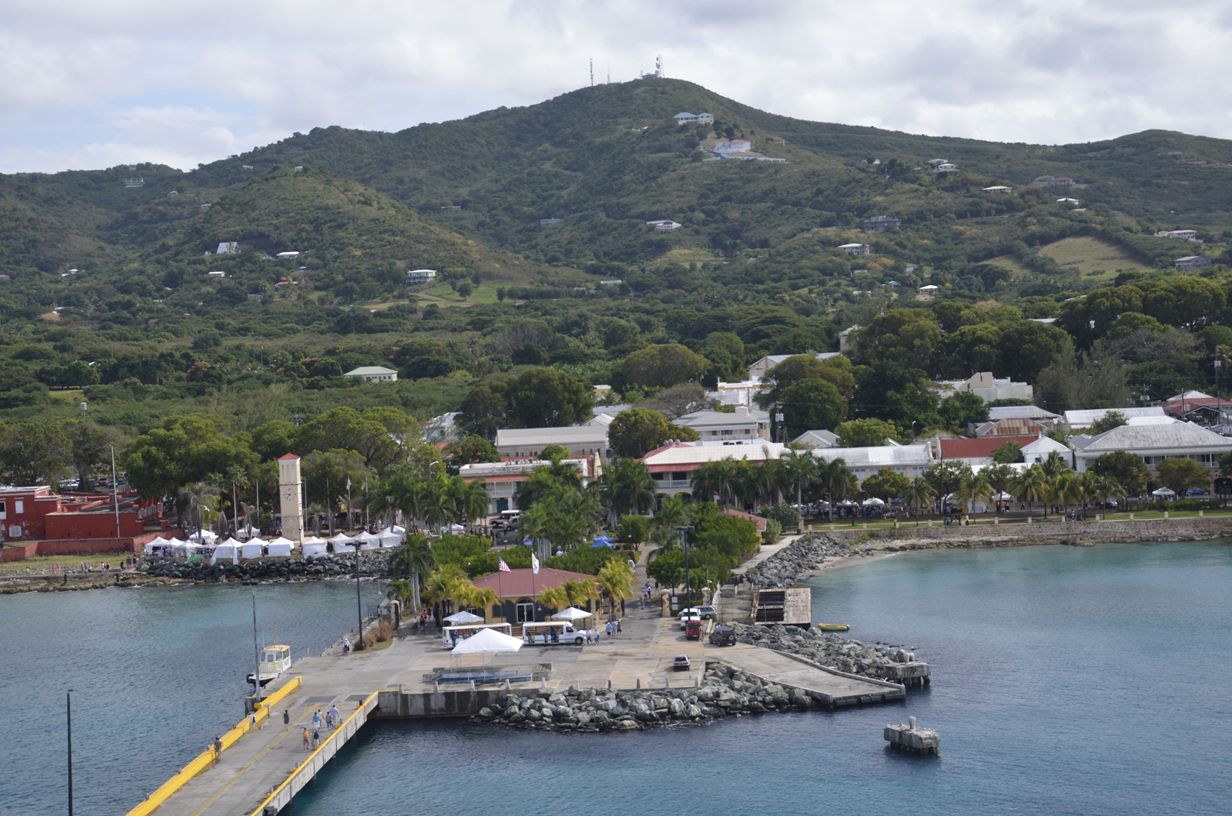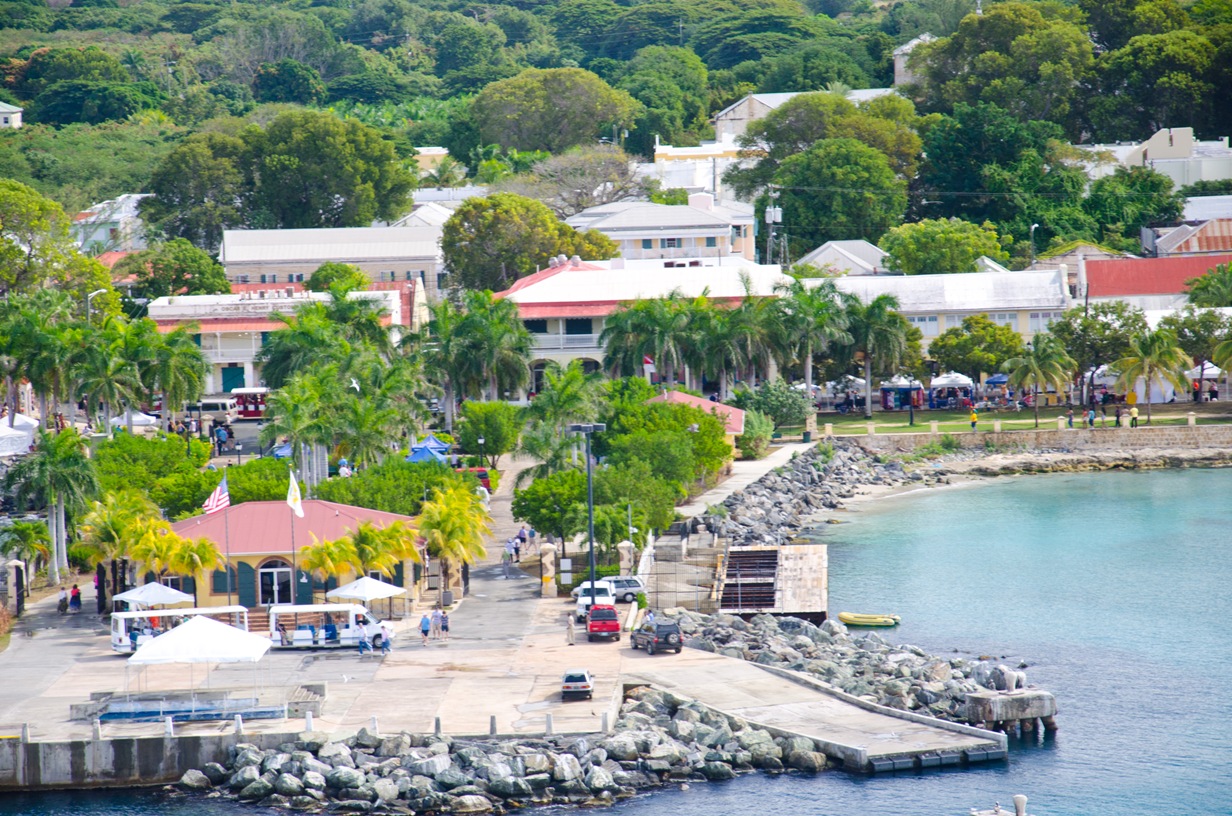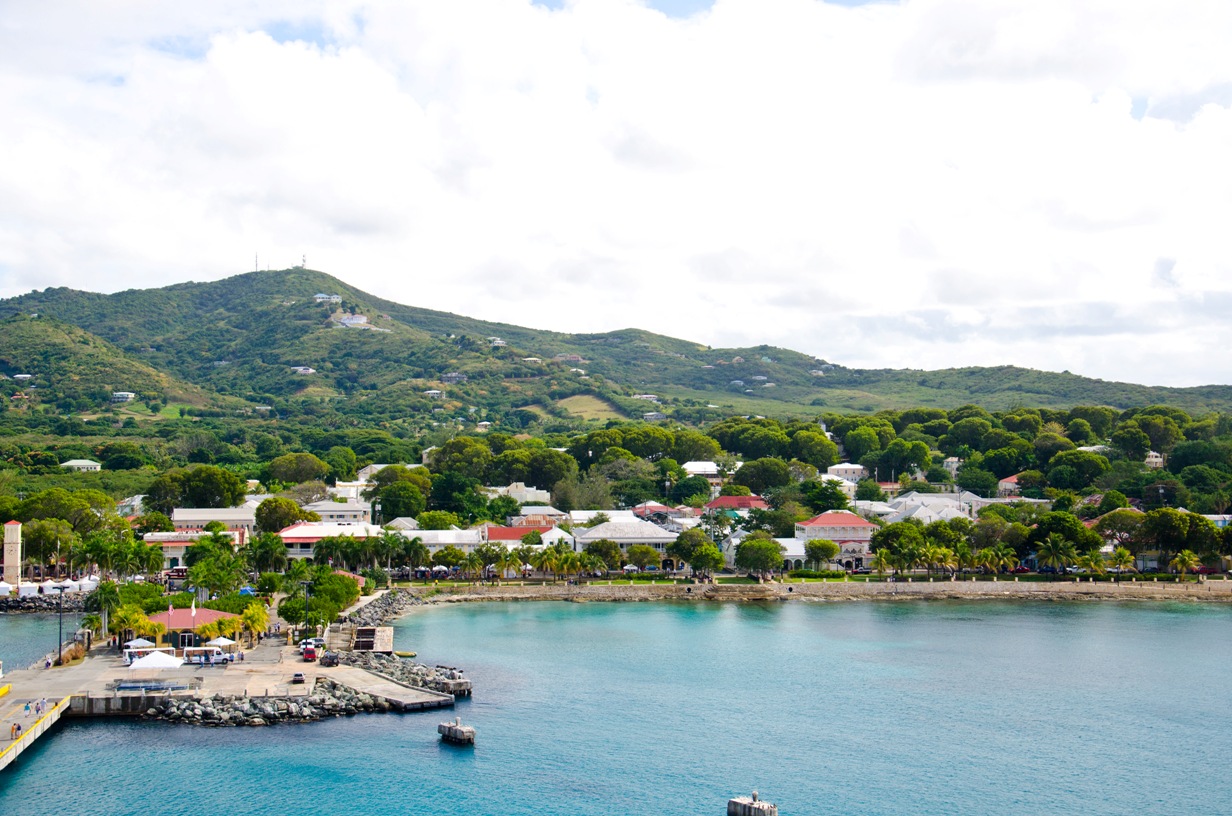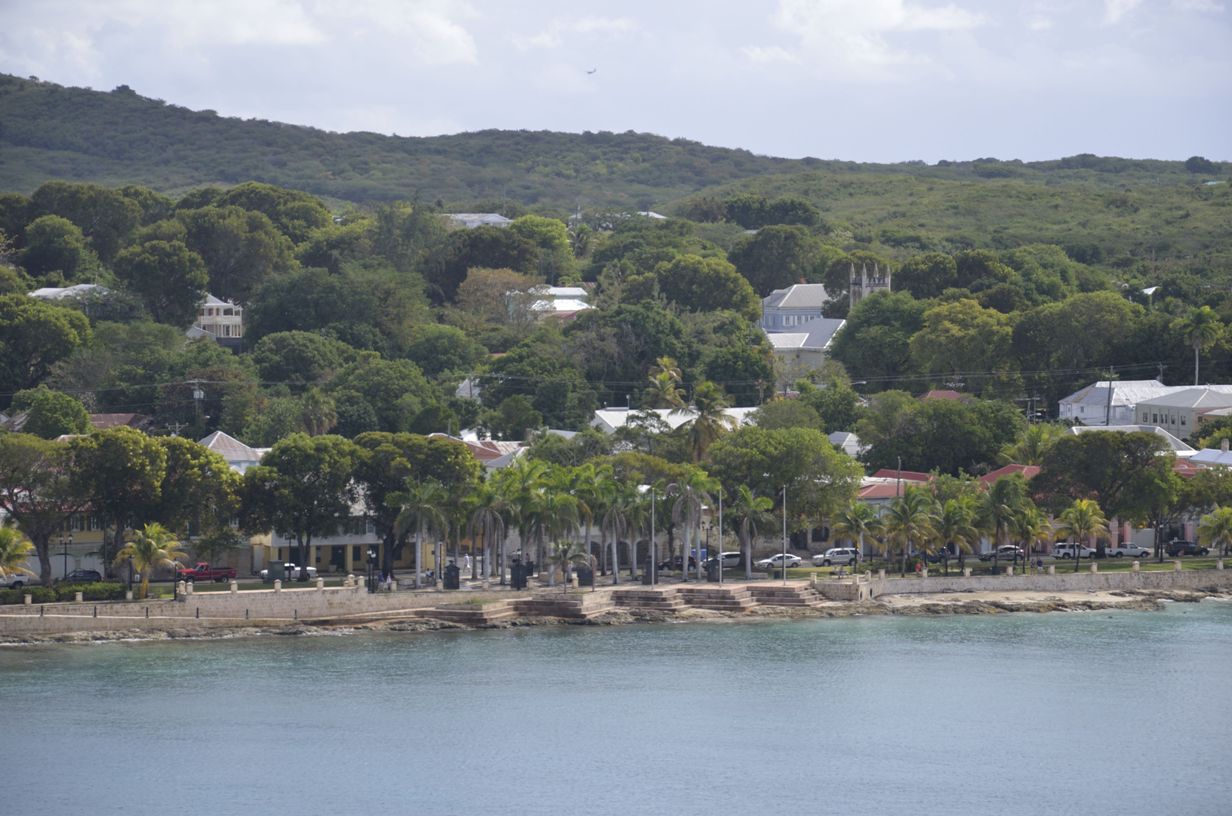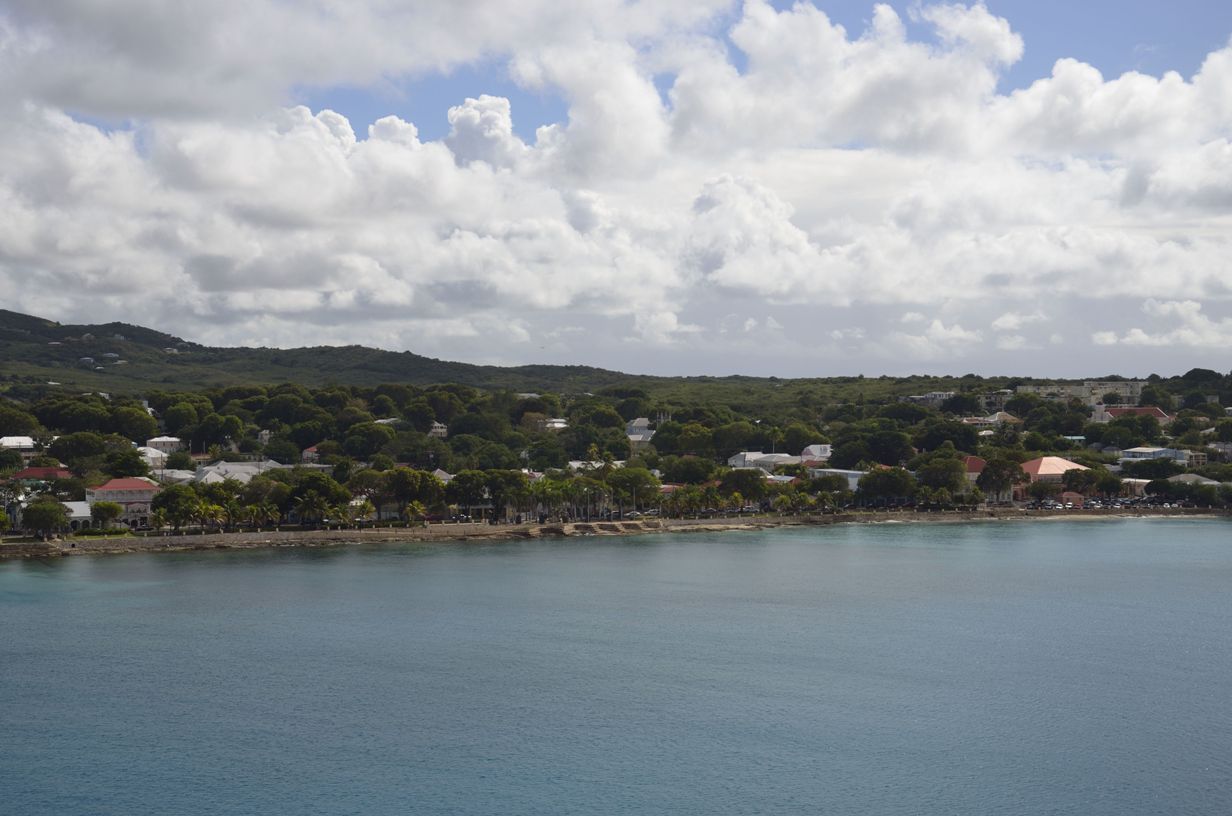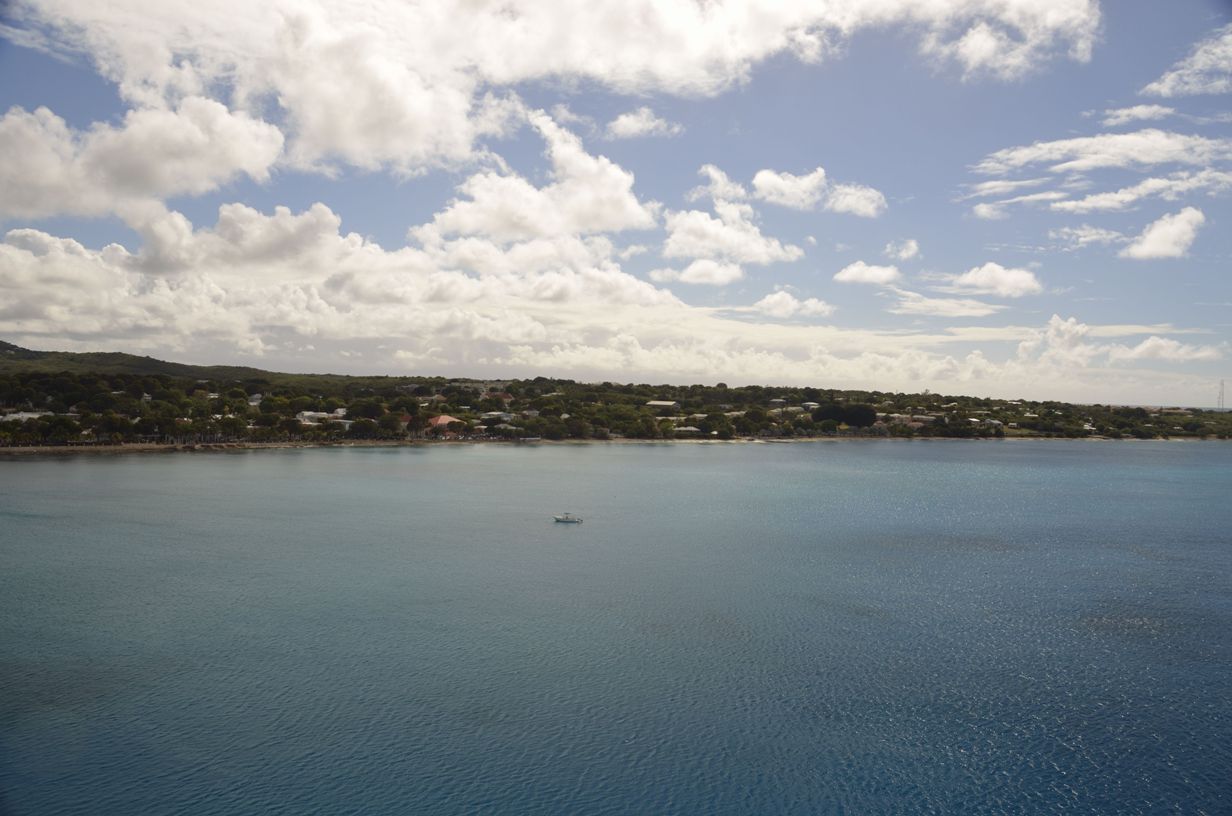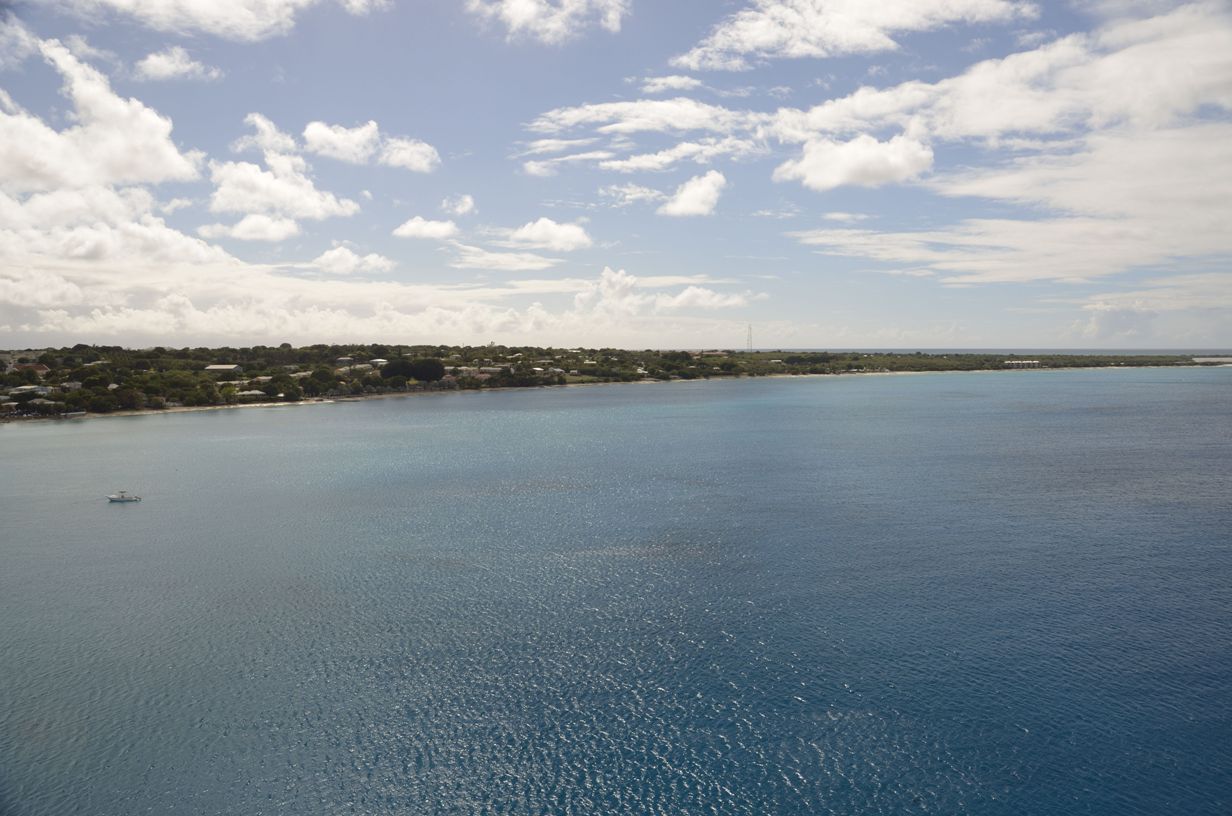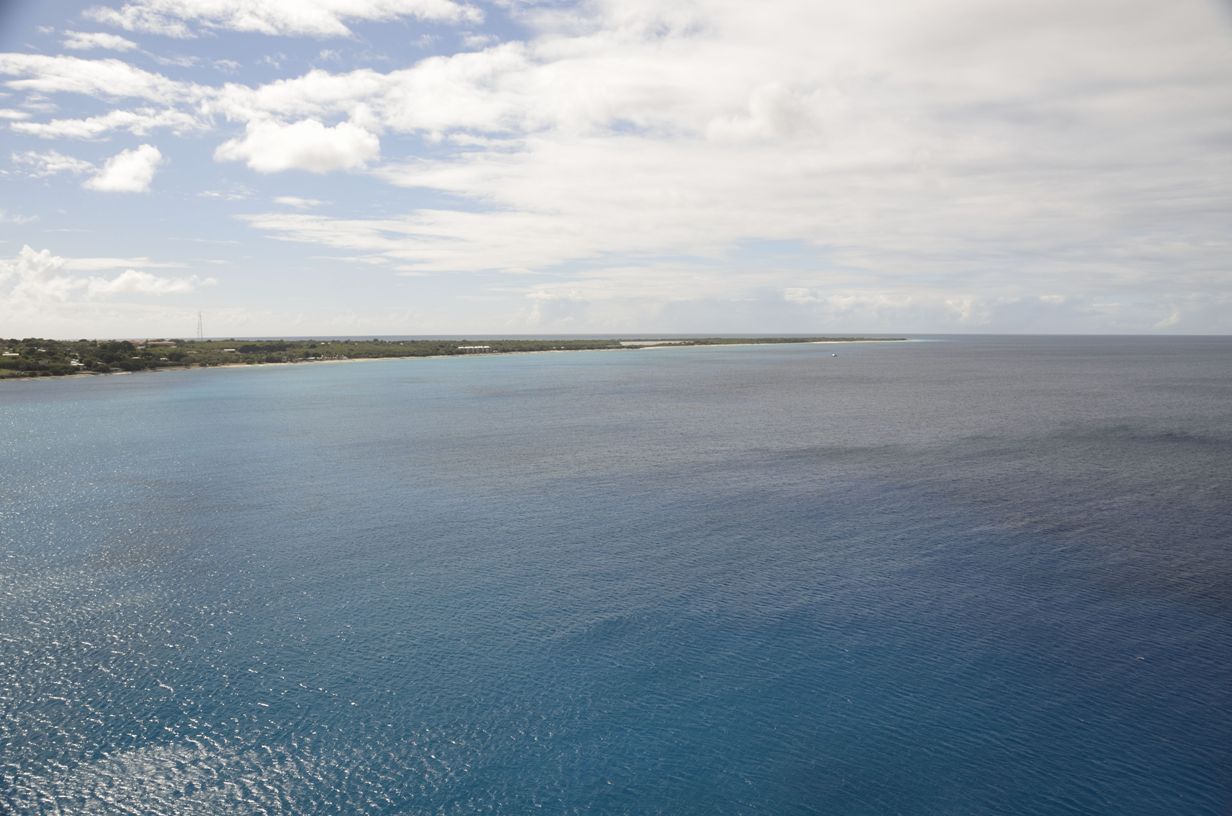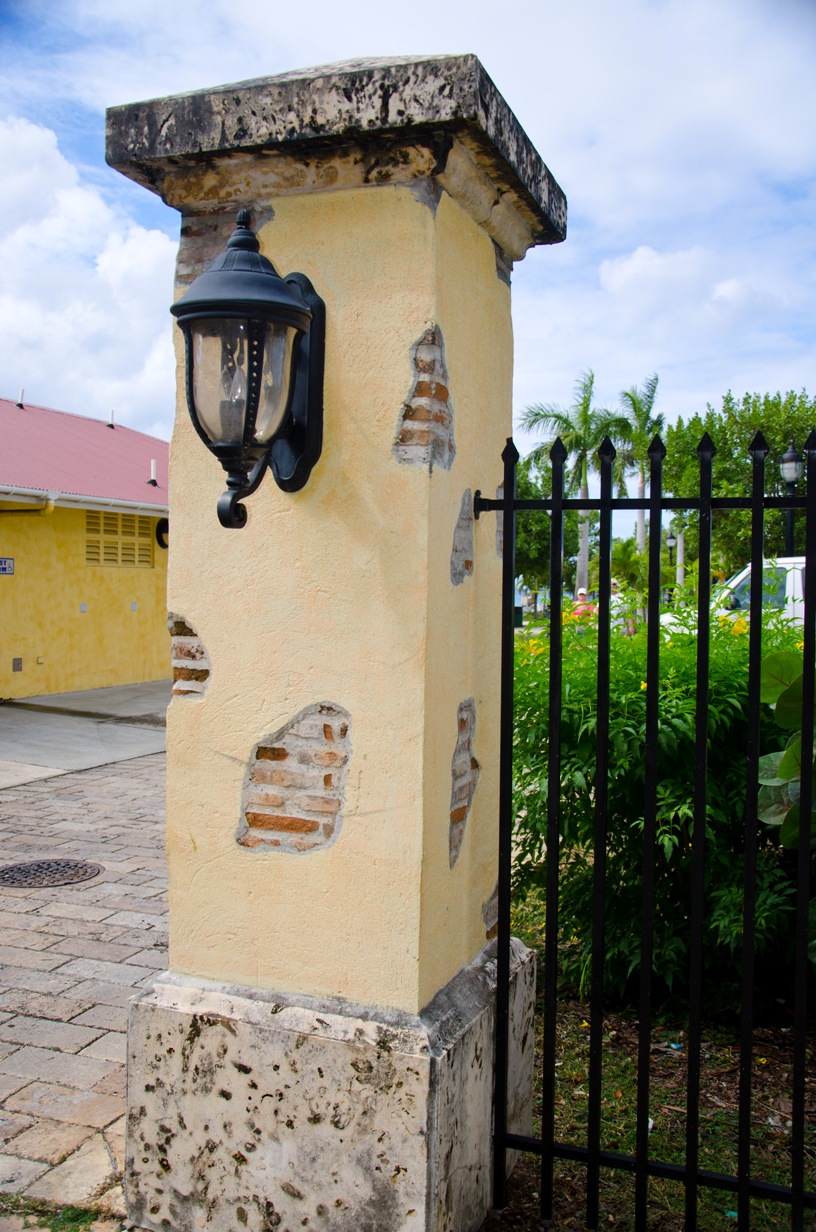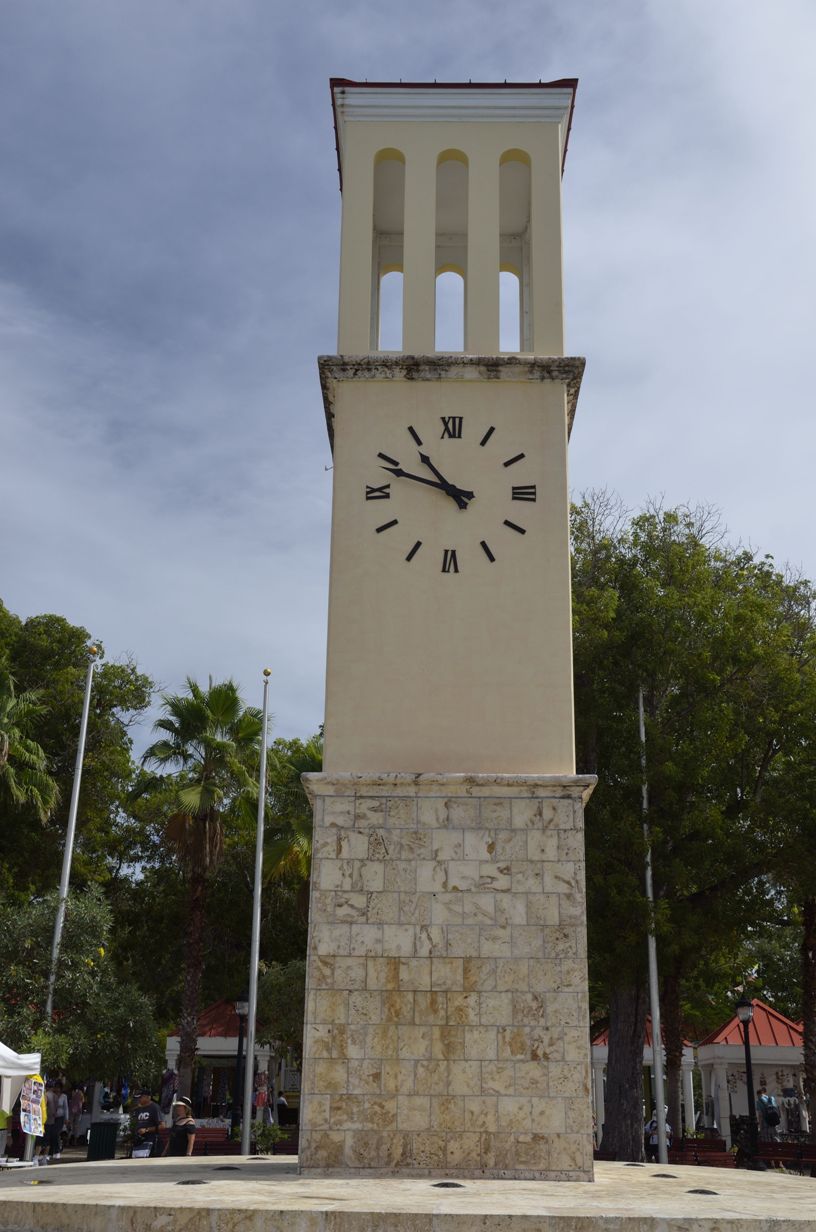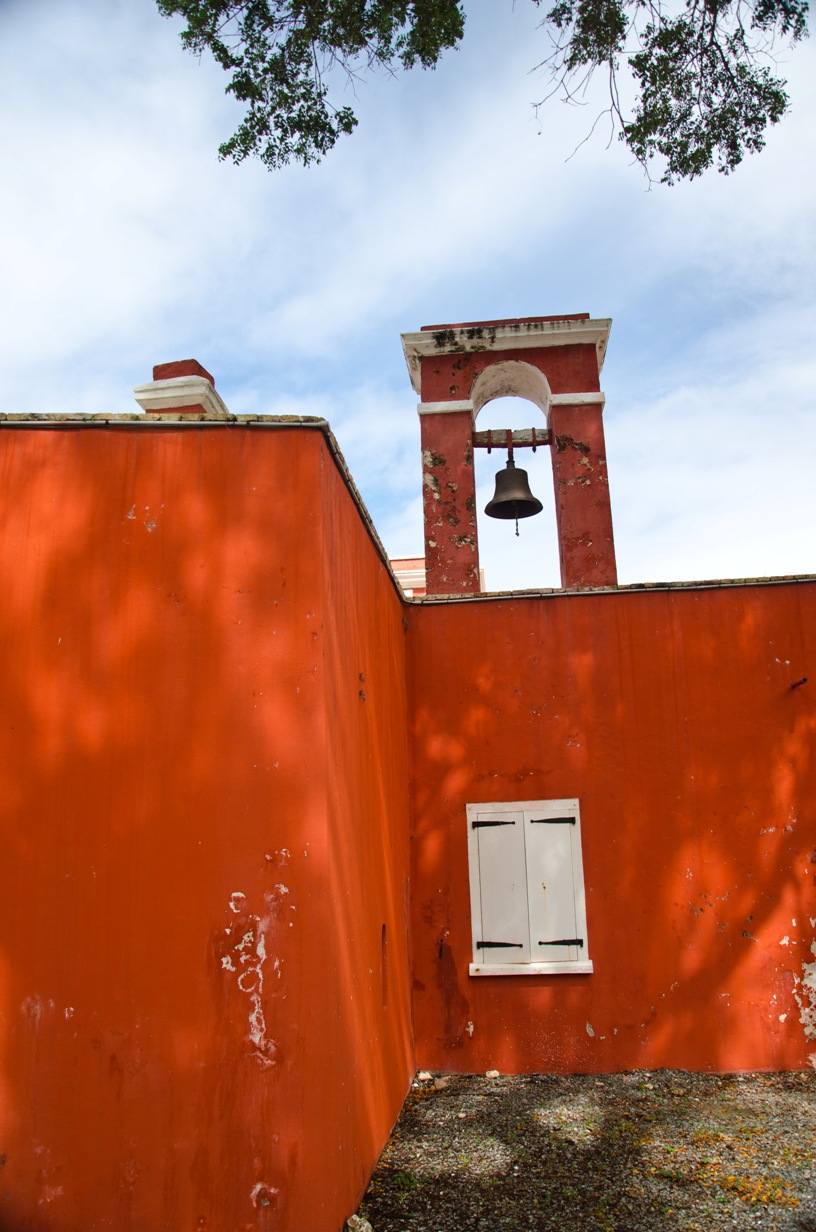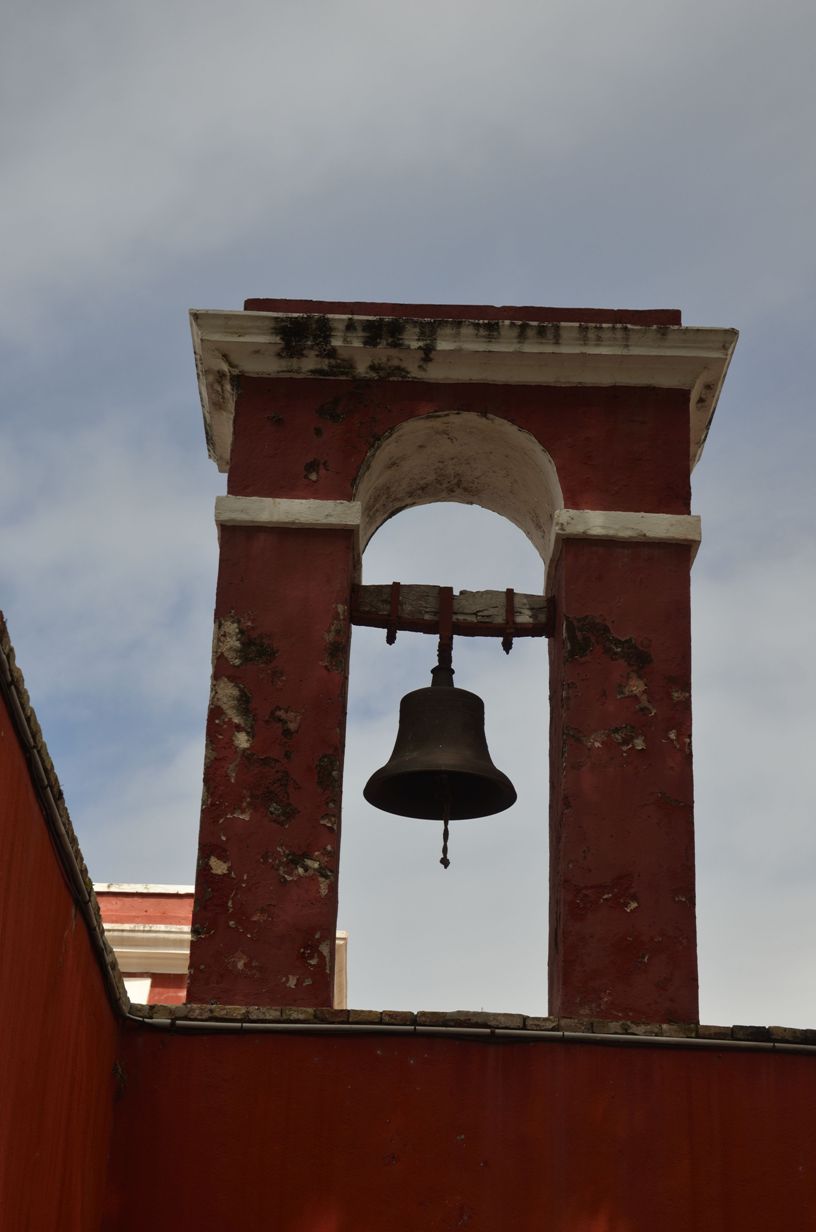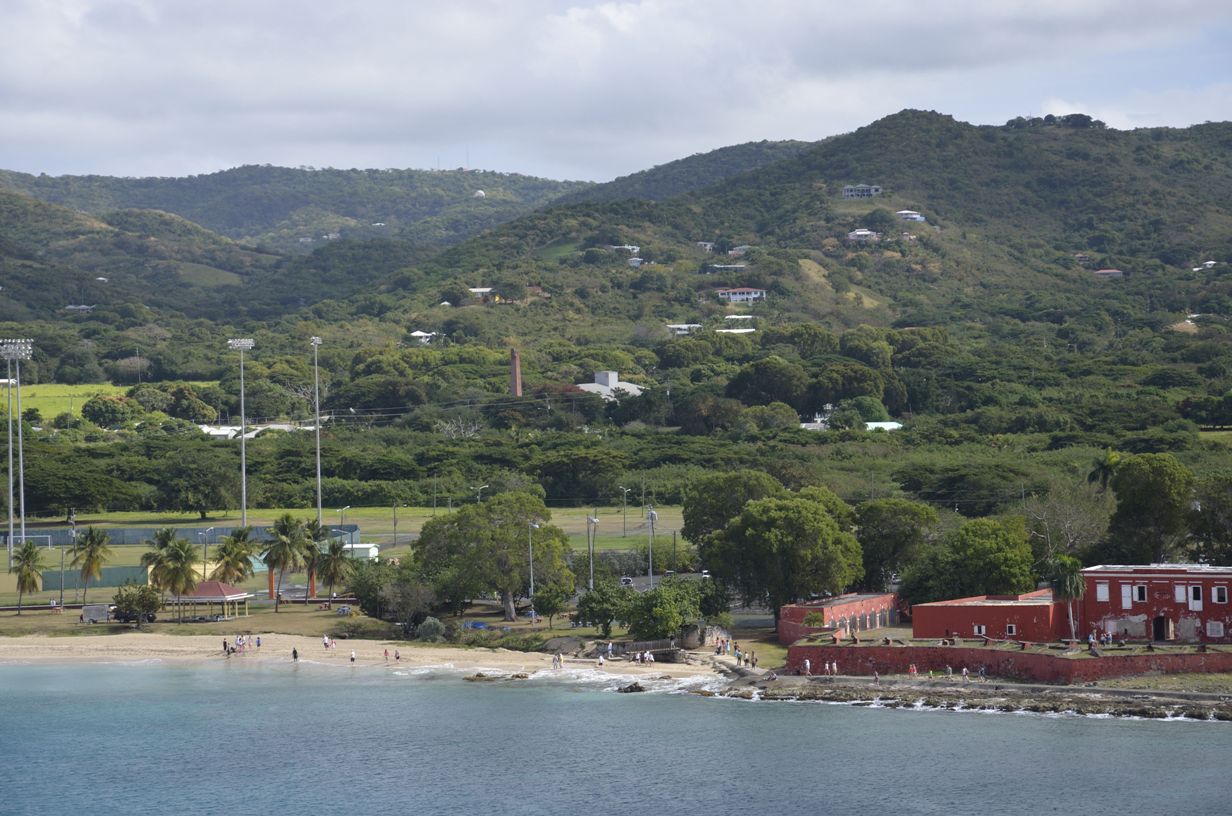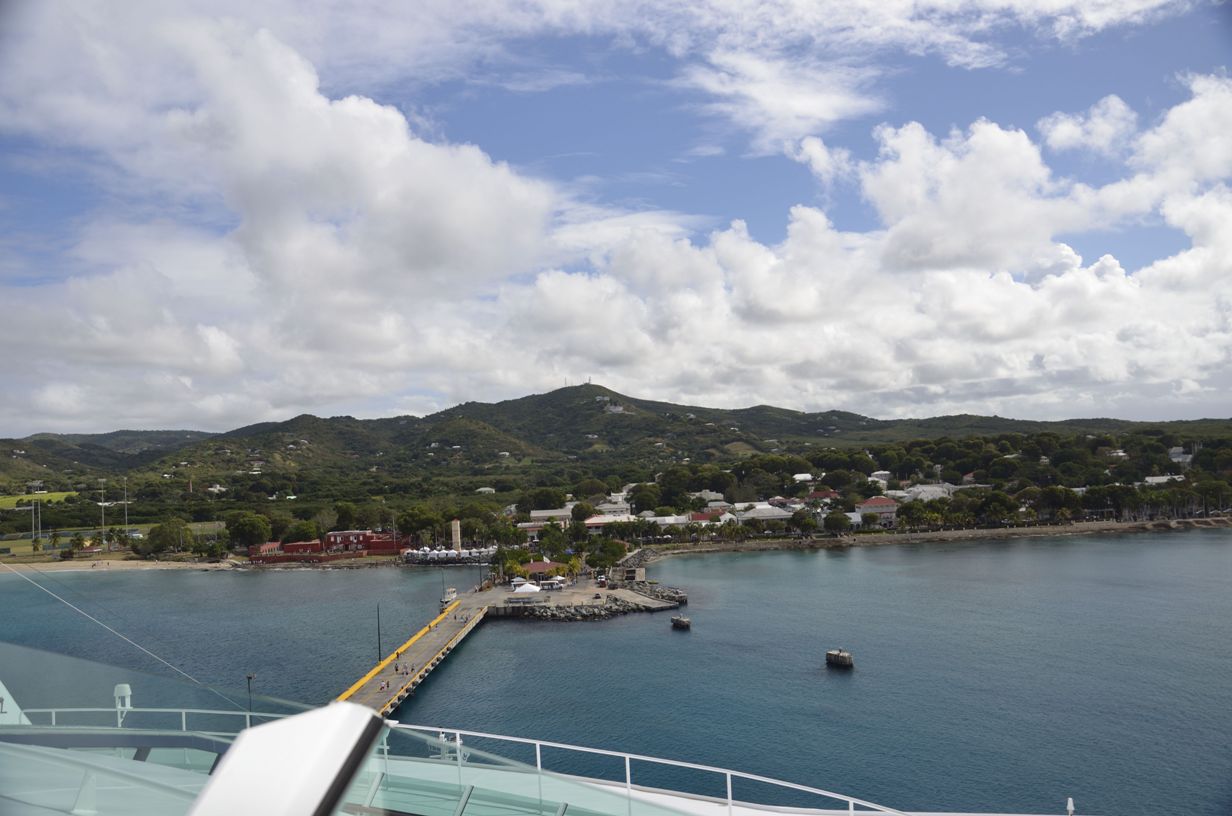
St. Croix
Location: 17° 43' N, 64° 50' WPopulation: 50,600
Capital: None (Charlotte Amelie - St. Thomas)
Length/Width: 27 mi long, 7 mi wide
Area: 84 sq. miles
Avg Temp: 79.3 F° (73°F - 88°F)
Rainfall: 37 in,
Commerce: Services 76%
Manufacturing 15%
Agriculture 10%
History:
History:
St. Croix, lies 40 miles South of St. Thomas and is the largest of US Virgin Islands. Columbus stopped briefly on the island in 1493. After that a constant state of war existed between the Caribs and the Spaniards for nearly a century. The Caribs fled the island after the king of Spain ordered their extermination and by 1596, the islands were thought to be wholly uninhabited.
Over time, several groups of Europeans immigrated to St. Croix. The Dutch settled on the east end which is a dry desert dominated by cactus, and the English on the west side which is lush with vegetation and palm trees. In 1645 the Dutch governor killed the English Governor. A furious battle ensued and eventually the Dutch withdrew from the island and went to St. Eustatius and St. Martin. The French settlers left shortly thereafter for Guadeloupe. The English controlled St. Croix until 1650 when the Spanish sent a fleet of 5 ships and 1,200 men to St. Croix from Puerto Rico and slaughtered everyone. After only 15 years of domination, the English were ousted. Later the same year, the French sent two vessels to capture St. Croix and succeeded. The Spanish rule of St. Croix was short lived. Ten years later the Governor of St. Kitts, De Poincy, bought St. Croix as his private estate and later deeded it to the Knights of Malta. In 1665, the French West Indian company bought the island from the Knights. In 1733, the French Government sold St. Croix to the Danish West India & Guinea Co. It was under Danish rule that the sugar plantations flourished. Denmark sold the Virgin Islands to the United States in 1917 for $25 million. St. Croix is a U.S. Territory, along with the other U.S. Virgin Islands -- St. Thomas and St. John. The island¿s residents are U.S. citizens. For over two centuries, sugar dominated the economy until the last harvest in 1966. St. Croix¿s economy then turned to the newly built oil refinery (Amerada Hess) and the alumina plant (VIALCO). Since then, the economy has become more and more dependent upon tourism as a revenue source. The future economic outlook for St. Croix is uncertain as the Hess oil refinery, one of the largest in the world, prepares to shut down operations.